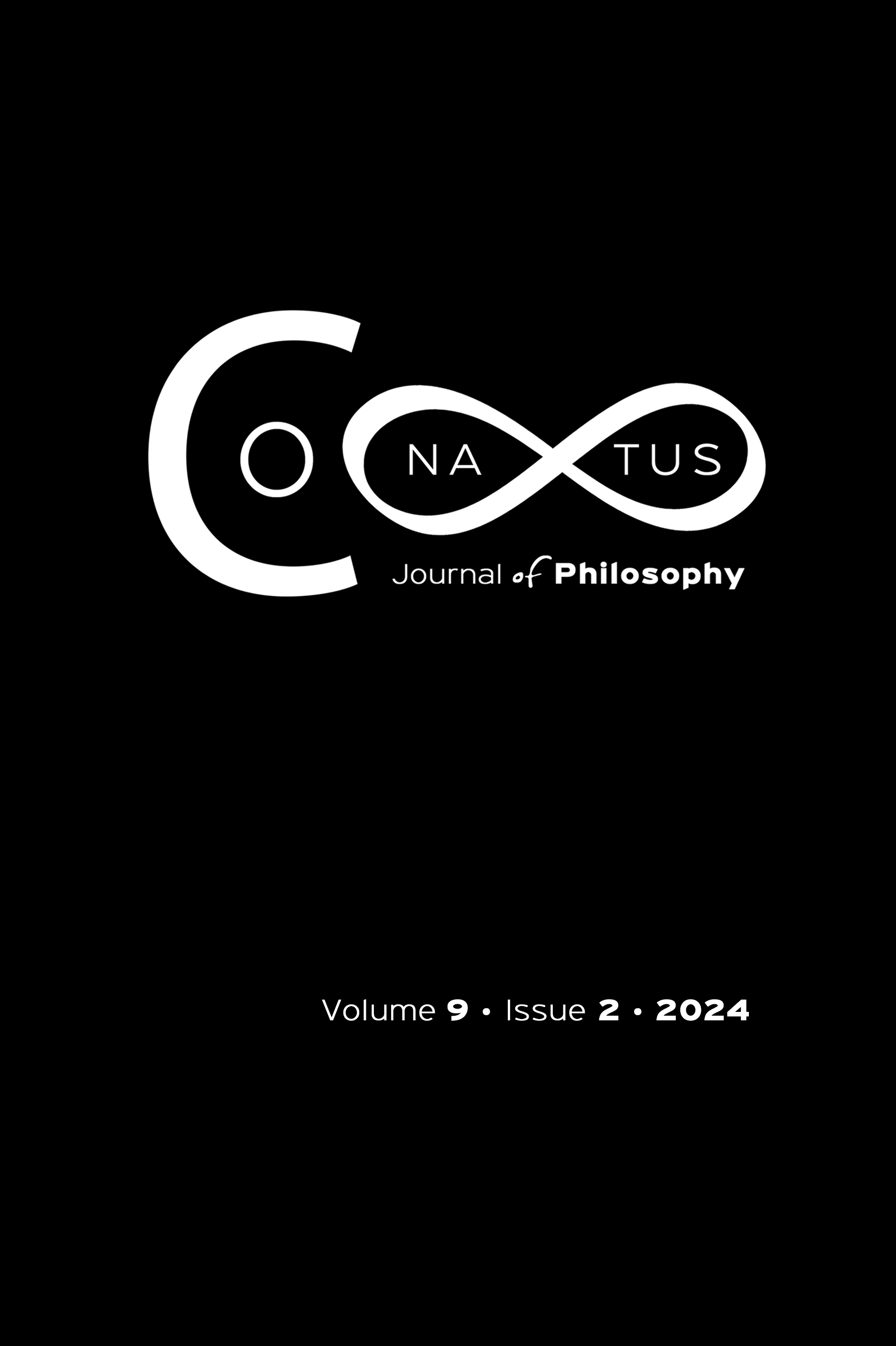Decoding Spinoza: Navigating Essence and Existence through Gnoseological Lens

Abstract
This work aims to depart from conventional interpretations of Spinoza’s notions of essence and existence by offering an alternative perspective called the onto-gnoseological reading. Typically, these concepts of essence and existence are approached from an ontological standpoint or are simply disregarded. The objective of this paper is to demonstrate that Spinoza, within his corpus associates these notions with the activity of the genres of knowledge rather than with the ontological realm. This reinterpretation of the concepts from a gnoseological standpoint allows for a deeper comprehension of Spinoza’s philosophical undertaking. It becomes evident that this project involves the coexistence of gnoseological duality in perfect harmony with the univocity of reality, serving as a crucial instrument for recognizing the boundaries and possibilities of human knowledge and, subsequently, the potential for achieving human virtue.
Article Details
- How to Cite
-
García Ruzo, A. (2024). Decoding Spinoza: Navigating Essence and Existence through Gnoseological Lens. Conatus - Journal of Philosophy, 9(2), 75–101. https://doi.org/10.12681/cjp.35839
- Section
- Articles

This work is licensed under a Creative Commons Attribution-NonCommercial 4.0 International License.
Authors who publish with this journal agree to the following terms:
Authors retain copyright and grant the journal right of first publication with the work simultaneously licensed under a Creative Commons Attribution Non-Commercial International License (CC BY-NC 4.0) that allows others to share the work with an acknowledgement of the work's authorship and initial publication in this journal.
Authors are able to enter into separate, additional contractual arrangements for the non-exclusive distribution of the journal's published version of the work (e.g. post it to an institutional repository or publish it in a book), with an acknowledgement of its initial publication in this journal.
Authors are permitted and encouraged to post their work online (preferably in institutional repositories or on their website) prior to and during the submission process, as it can lead to productive exchanges, as well as earlier and greater citation of published work.





